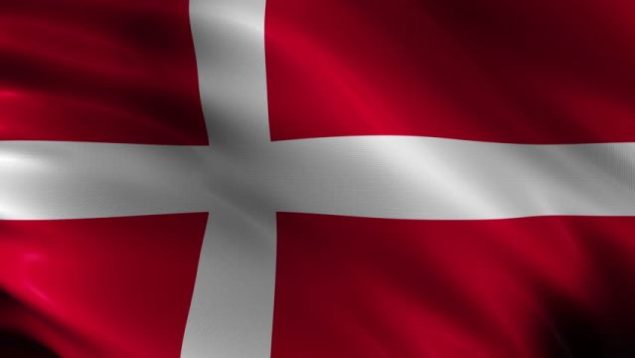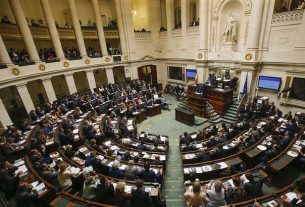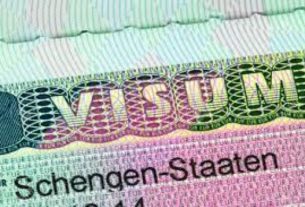Denmark on Friday said it planned to ban the Holy Quran’s burnings after a string of desecrations of Islam’s holy book in the Scandinavian nation sparked anger in Muslim countries.
Denmark stepped up security earlier this month following the backlash, as did neighbouring Sweden which has also seen a spate of the Holy Quran burnings in recent months.
The Danish government intended to “criminalise the improper treatment of objects of significant religious importance to a religious community,” Justice Minister Peter Hummelgaard told reporters. He said the proposed legislation was aimed especially at burnings and desecrations in public places.
Hummelgaard said the Holy Quran burnings were a “fundamentally contemptuous and unsympathetic act” that “harm Denmark and its interests”. The new legislation would be included in chapter 12 of Denmark’s penal code, which covers national security.
Nearly a thousand protesters attempted to march to the Danish embassy in Baghdad’s fortified Green Zone in late July, following a call by cleric Moqtada Sadr. The proposed Danish legislation would also apply to desecrations of the Bible, the Torah or, for example, a crucifix. Those who break the law risk a fine or up to two years in prison. Nearly a thousand protesters attempted to march to the Danish embassy in Baghdad’s fortified Green Zone in late July, following a call by firebrand cleric Moqtada Sadr.
“We can’t continue to stand by with our arms crossed while several individuals do everything they can to provoke violent reactions,” Hummelgaard said.
Sweden and Denmark beefed up border controls in early August as a result of the reactions. Denmark ended the measure on August 22, though they remain in place in Sweden.
The proposed Danish legislation would also apply to desecrations of the Bible, the Torah or, for example, a crucifix. Those who break the law risk a fine or up to two years in prison. The law will however not encompass “verbal or written expressions” offensive to religious communities, including caricatures, the justice minister said. He stressed Denmark remained firmly committed to its freedom of expression laws, amid criticism from several opposition parties who fear a ban would infringe on those. The ban, due to be presented to parliament on September 1, comes six years after Denmark abolished its 334-year-old blasphemy law. The bill is expected to pass through parliament, where the left-right government holds a majority.
Danish Foreign Minister Lars Lokke Rasmussen said Friday the Holy Quran burnings had sparked “enormous anger in the entire world.” “We have made great efforts to contain this anger. At the moment the situation is fairly calm, but it’s also uncertain and unpredictable,” he told reporters. He said that in the “short term, we’ll probably see more Holy Quran burnings rather than less” before the new law goes into force.
In 2006, a wave of anti-Danish anger and violence erupted in the Muslim world following the publication of caricatures of the Prophet Muhammad (PBUH). Sweden last week heightened its terror alert level to grade four on a scale of five after the Holy Quran burnings made the country a “prioritised target”, security services said. The Swedish government has condemned the desecrations of the Holy Quran while upholding the country’s constitutionally protected freedom of speech and assembly laws.
It has vowed to explore legal means of stopping protests involving the burning of holy texts in certain circumstances. Swedish police try to silence man protesting desecration of Holy Quran Earlier on Thursday, plainclothes police attempted to silence a man who was protesting against Iraqi-born refugee Salwan Momika’s desecration of the Holy Quran in the Swedish capital Stockholm. Police intervened as Kais Tunisia was loudly responding to Momika’s words while desecrating the Holy Quran in front of the Stockholm Mosque. Tunisia defended his response, saying it was freedom of expression. “Momika insults the Holy Quran. He insults us. When we respond, the police immediately warn us not to raise our voice,” Tunisia told Anadolu. Stressing that the attitude of the police surprised him, he said: “They brought the provocateur in front of our mosque and they gave him a megaphone. We heard his insults […] When we reacted to this, we met with the reaction of the police. I condemn this too.”__Daily Times





